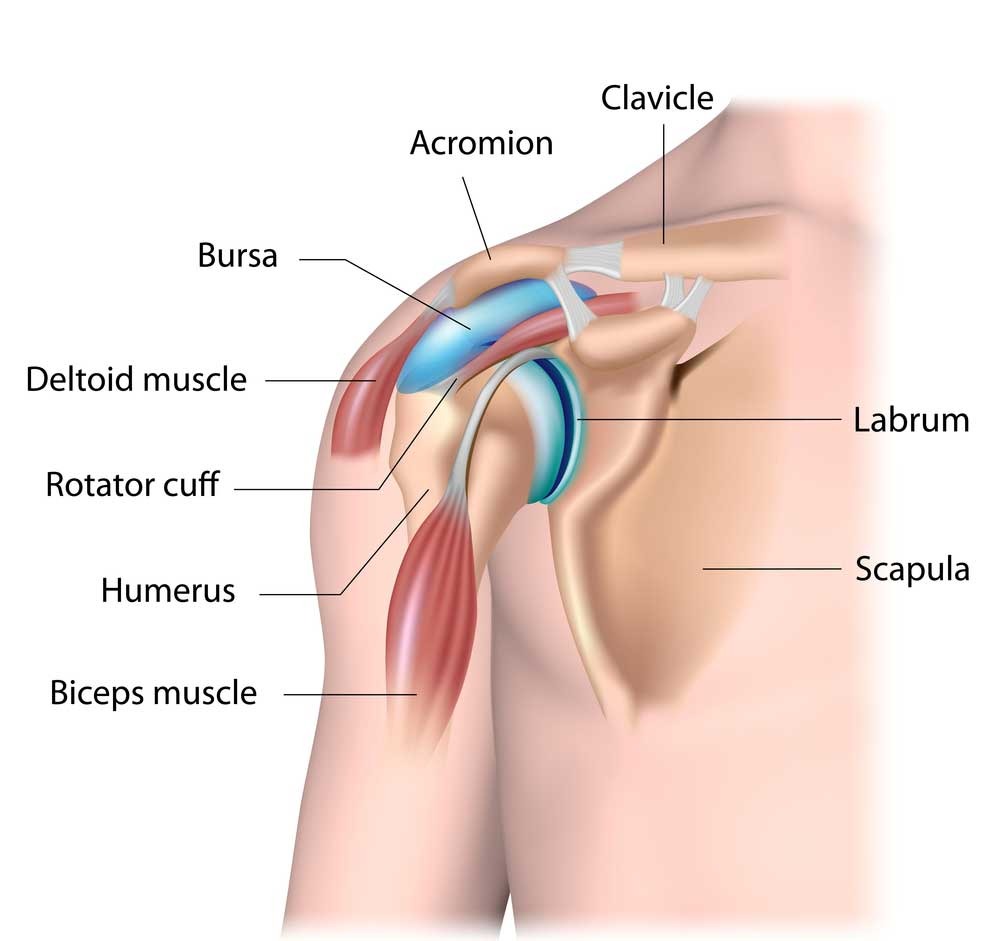Shoulder Pain Specialist in Singapore
Dr. Bernard Lee Mun Kam (李文鉴医生)
Consultant Pain Specialist, Singapore Paincare Center
Dr Bernard Lee is the founder of Singapore Paincare and a Consultant Pain Specialist at Singapore Paincare Center. With over 20 years of clinical practice, he developed the Painostic®️ approach to guide evidence-based, minimally invasive procedures. Alongside his patient care, he trains the next generation of doctors in interventional techniques for chronic pain and orthopaedic conditions.

Shoulder Pain Specialist in Singapore
Dr. Bernard Lee Mun Kam
(李文鉴医生)
Consultant Pain Specialist, Singapore Paincare Center
Dr Bernard Lee is the founder of Singapore Paincare and a Consultant Pain Specialist at Singapore Paincare Center. With over 20 years of clinical practice, he developed the Painostic®️ approach to guide evidence-based, minimally invasive procedures. Alongside his patient care, he trains the next generation of doctors in interventional techniques for chronic pain and orthopaedic conditions.
Why Choose Dr. Bernard Lee
Shoulder Pain Overview
Shoulder pain can affect simple movements like lifting your arm, reaching overhead, or even sleeping comfortably. While some shoulder aches improve with rest, persistent pain may signal an underlying joint, tendon, or nerve issue that needs proper medical evaluation.
At Singapore Paincare, our pain specialists apply the Painostic® know-how to assess each patient’s condition thoroughly and recommend minimally invasive procedures tailored to individual needs. We identify the root sources of your shoulder pain, develop a personalised treatment plan, and use refined injection techniques that ensure accurate needle placement and targeted delivery of medication. This precise approach provides focused, evidence-based care that supports recovery and helps patients return to daily activities with minimal disruption.
Understanding Shoulder Pain
Your shoulder consists of several interconnected parts:
- Bones: The humerus (upper arm), scapula (shoulder blade), and clavicle (collarbone) form the joint.
- Soft tissue: Muscles, tendons, and ligaments stabilise and move the shoulder.
- Joints: The main joint (glenohumeral) allows rotation, while smaller joints help with lifting and stability.
- Bursae: Fluid-filled sacs reduce friction between moving parts.
Because these structures work closely together, pain in one area can easily affect others. A small tendon tear, for example, can cause muscle imbalance and nerve irritation, while neck or upper-back stiffness can refer pain into the shoulder region.
What is a red flag for shoulder pain?
Seek medical attention promptly if your shoulder pain is accompanied by:
- Severe weakness or sudden loss of shoulder function
- Significant swelling, deformity or inability to raise the arm
- Pain that worsens rapidly or disrupts sleep
- Numbness, tingling or radiating pain into the arm
- Chest pain, shortness of breath or jaw discomfort
- A history of trauma, fall or accident
These may indicate a more serious condition that requires proper evaluation.
What Are The Shoulder Pain Conditions We Treat?
The types of shoulder pain conditions we treat include:
- Shoulder rotator cuff tear or injury: Overuse or trauma affecting the tendons that stabilise the joint
- Shoulder rotator cuff tendinitis: Inflammation or irritation of the rotator cuff tendons, often caused by repetitive overhead activity or strain, leading to pain when lifting or rotating the arm
- Frozen shoulder (adhesive capsulitis): Tightening of the shoulder capsule that leads to stiffness and limited movement
- Shoulder arthritis: Degeneration of joint cartilage that causes chronic pain, stiffness, and reduced mobility
- Shoulder sprain: Over stretching or tearing of the shoulder ligaments due to sudden impact, fall, or excessive force
- Shoulder Girdle Syndrome: Nerve compression or muscle spasm around the cervical spine area that can mimic shoulder pain
At Singapore Paincare, our shoulder pain treatment focuses on relieving pain at its source while restoring healthy movement. Our minimally invasive approach uses advanced imaging guidance to target inflamed tissues, irritated nerves, or joint problems that contribute to shoulder discomfort. Treatment options are tailored to each patient’s condition, activity level, and recovery goals.
Myospan Injection
Myospan injections target muscles, ligaments, tendons, joints, and nerves to break the pain cycle, reduce inflammation, and improve healing. Depending on the painful condition, different injections may be utilised to either remove the pain generator or stop the pain signals. Myospan treatments include:
- Coreflex injections
- Platelet-Rich Plasma Prolotherapy
- Intra-Articular Injections
- Myofascial Pain injections
- Peripheral Nerve Block
Neurospan
Neurospan treatments target spinal causes of shoulder-related pain such as slipped cervical discs, bone spurs, and nerve compressions. These procedures help decompress affected nerves, release scarred tissues, and reduce nerve sensitivity by addressing the underlying spinal source rather than the shoulder itself. Depending on the condition, different Neurospan options may be used to free impinged nerves or reduce pain transmission. Neurospan treatments include:
- Neuroplasty
- Nucleoplasty
- Radiofrequency Ablation
- Pulsed Radio Frequency
- Spinal Cord Stimulator
- Epidural Analgesia
Our Pain Specialist

Dr. Bernard Lee Mun Kam (李文鉴医生)
More than 20 years of experiences in treating pain
Dr. Bernard Lee Mun Kam is the founder of Singapore Paincare and a Consultant Pain Specialist at Singapore Paincare Center. He has more than two decades of clinical experience in pain medicine and holds qualifications in anaesthesiology and interventional pain management, including a Masters of Medicine (Anaesthesiology) and Fellowship with the Faculty of Pain Medicine (Australian and New Zealand College of Anaesthetists). He has been a pioneer in developing pain services in Singapore and previously led major hospital pain units, including Tan Tock Seng Hospital and KK Women’s and Children’s Hospital.
Recognised as one of Singapore’s early adopters of interventional pain techniques, Dr. Bernard introduced knifeless treatment methods that use specialised laser and balloon-based procedures for conditions such as slipped discs, nerve compression, arthritis and frozen shoulder. His multi-disciplinary training, including medical acupuncture, supports a comprehensive, evidence-based approach to treating pain without open surgery.
Dr. Bernard has a long-standing commitment to medical education. He has trained and mentored many doctors in Singapore and the region in interventional pain procedures and chronic pain management. Through the Singapore Paincare Academy, he continues to provide structured training for general practitioners, allied health professionals and TCM practitioners, ensuring consistent standards in pain assessment and treatment based on the Painostic® methodology.
Dr. Bernard is frequently invited to television and radio programmes to share his insights on pain conditions, treatment approaches and public education topics. His media contributions reflect his ongoing commitment to raising awareness of pain management and empowering the public with reliable medical information.
Read more about Dr. Bernard Lee






